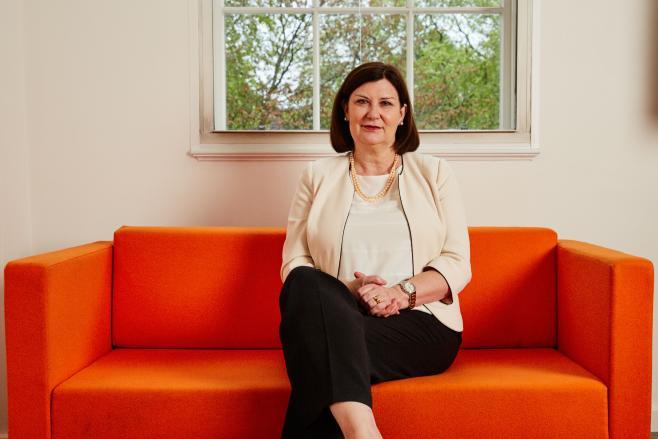You are here
The impact of our actions can affect not only the patient being treated but families and future generations.
10 July 2020

Dear Colleagues,
As we hear more and more from organisations at every level about the learning from our individual and collective responses to the COVID-19 pandemic, I have been thinking about how important it is that we build that reflective approach even more strongly into our culture and the way we do business. It would be great to see a fundamental shift in how we engage with our current and future workforce, and patients to ensure we are always listening and learning, and our developing experience of responding to the pandemic is already showing how vital these reflections are to the future.
Indeed, I welcome the report published by Baroness Julia Cumberlege this week, ‘First do no harm’, not only as a devastating reminder of how, even if we think we are doing the best for our patients if we do not listen to them, we cannot call ourselves doctors. The impact of our actions can affect not only the patient being treated but families and future generations. Baroness Cumberlege displays passion and emotion and we all need to harness those emotions allied to respect for the views of our patients by listening, learning and changing.
But do we really know what worked and what didn’t?
We need to be honest here and say that we still need to validate much of the learning from the pandemic, but we must also recognise that as leaders we need to keep asking questions about what worked and what didn’t – however difficult that may sometimes be - so we can support trainees, students and NHS colleagues to speak up. This is how we will make the NHS the best place to work – after all as the famous quote from Peter Drucker states, “culture eats strategy for breakfast!” We can have the best plan in the world, but if the culture isn’t going to let it happen, it won’t.
That is why we must be curious. COVID-19 has been the biggest challenge in the NHS’ history. It has required rapid and significant change. We have had to change how we treat patients, and patients have changed how they seek healthcare.
At HEE we know there are things we can do better. Flexible education and training pathways are one example of this. I’m delighted that this week we have launched a new blended learning nursing degree offering flexibility and choice. HEE has signed up seven universities to a new innovative, accessible nursing degree programme, which will start from January 2021. The seven delivery partners for the new degree are Open University & Middlesex University, Open University & University of West of England, Coventry University, University of Huddersfield, University of Sunderland, University of Gloucestershire and Birmingham City University. Click here for more information
But we have all demonstrated that we can adapt quickly. Now we need to build a better connection and trust with our current NHS colleagues, trainees, students and learners by listening to them, and showing that we are thinking differently. There is so much we can learn, and are learning from our students who graduated early to work on the frontline, from our crucial work on workforce planning and modelling and from understanding the impact of COVID-19 on training programmes for our doctors.
Kind Regards,
Wendy
Wendy Reid
Interim Chief Executive
Health Education England